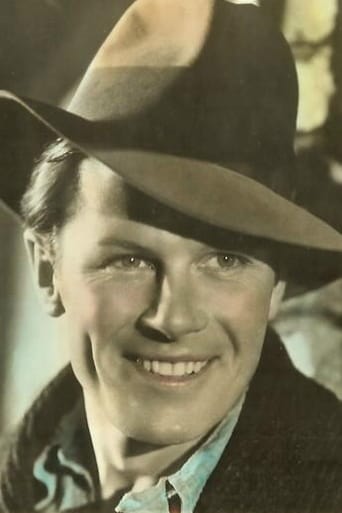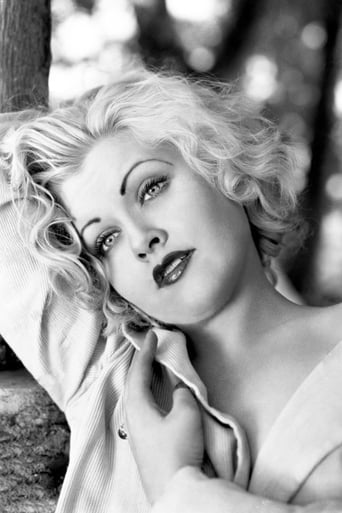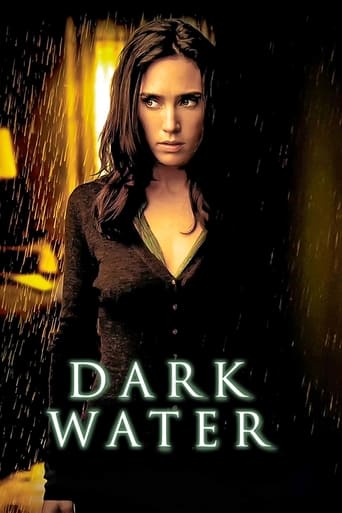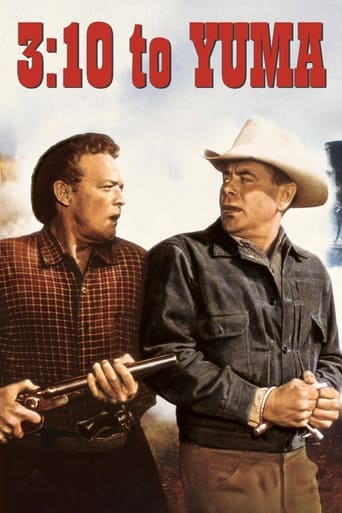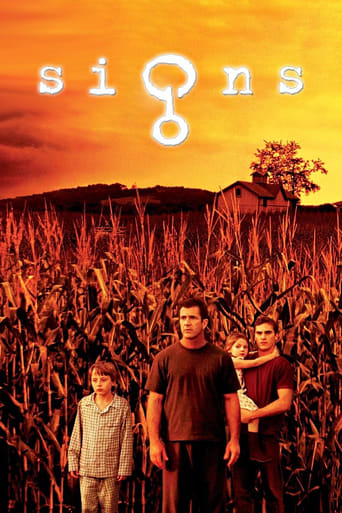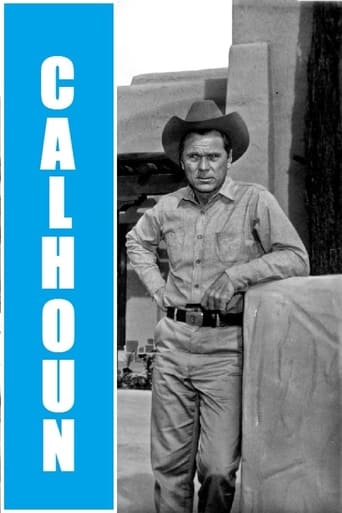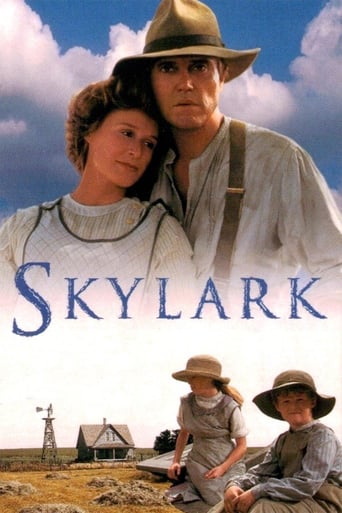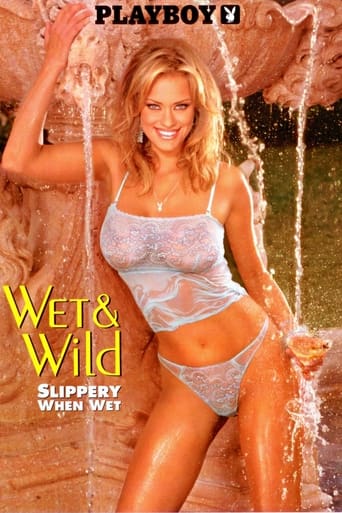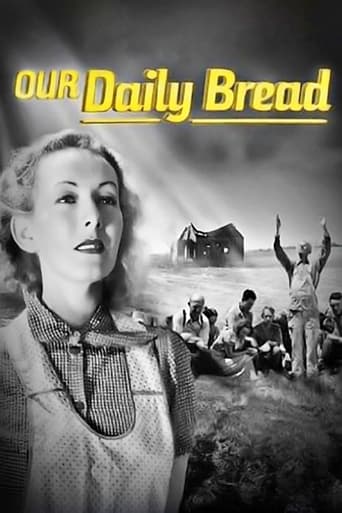

Our Daily Bread (1934)
John and Mary Sims are city-dwellers hit hard by the financial fist of The Depression. Driven by bravery (and sheer desperation) they flee to the country and, with the help of other workers, set up a farming community - a socialist mini-society based upon the teachings of Edward Gallafent. The newborn community suffers many hardships - drought, vicious raccoons and the long arm of the law - but ultimately pull together to reach a bread-based Utopia.
Watch Trailer
Cast


Similar titles
Reviews
A young impoverished couple (Tom Keene, Karen Morley) with no employment is given some land and a farm by an uncle during the Depression.The couple finds hardships on their way and they'll have to fight against distress, elements, and drought. They are helped by some hapless people (John Qualen and many others) and success in managing the land, creating a socialist community . They find hardships as the struggle to support themselves. As they struggle to maintain their dignity and pride and the enjoyable community is peppered with some happy moments, Meanwhile a cover-girl (Pepper) is tempting to the protagonist John.This is a naturalist rural drama magnificently performed and splendidly staged. This look at day-to-day existence of a poor-class couple is a superb naturalistic celebration of fighting to survive amid all the disgraces, and drought. Its best scenes are referred when the workers are commonly digging the land and water running through the furrows. It contains with numerous sequences highly influenced by Russian directors, such as Alexander Dovshenko and Sergei Eisenstein. Interesting screenplay by King Vidor, risking bankruptcy to finance it, furthermore clever dialogs by the great director Joseph L Mankiewicz. It was a deserved critical success for its sincere treatment of sentiments and its thrillingly slick edition, and innovative utilization of mobile camera. Neo-realist and evocative photography by Robert Planck. Sensible and imaginative musical score by the classic Alfred Newman.The picture is originally directed by King Vidor. After his successful ¨The last parade¨ one of the great war films of the silent era, he directed ¨The crowed(1928)¨, one of the best mute motion pictures, that is a precedent to ¨Our daily bread¨ and concerning about a working-class people against the backdrop of wealthy society. Later on, Vidor explored similar theme in ¨Street impact¨and he went on filming successful movies such as ¨Duel in the sun (46)¨, ¨Fountainhead(49), ¨Ruby Gentry¨ terminating with blockbusters as ¨War and Peace¨and ¨Solomon and Sheba¨. Rating : Better than average. This sentimental and religious film appeal to uncharacteristic Hollywood epic buffs.
TOM KEENE and KAREN MORLEY are the lesser-known stars of this Depression-era classic, a poor man's "Grapes of Wrath", about a young farming couple who use ingenuity to overcome a drought that threatens to ruin their crops.Tom Keene was a B-actor who did mostly westerns and does a sincere, earnest job of playing the kind of "everyman" role that Henry Fonda and Joel McCrea usually played in these sort of films. While he has a limited range, he makes an appealing hero, a man who fires others with his ambitious idea to build a gully for the water to reach the crops that are badly in need of water. It's this sequence, with the men following orders and digging the ditches that make a pathway for the water, that really makes the film special.Otherwise, it's a rather drab exercise in showing the downtrodden lives of farming people during the Great Depression of the '30s.KAREN MORLEY is lovely as the loyal woman who stands by her man and JOHN QUALEN does an effective job as a frustrated farmer. Some striking scenes for the last half-hour, but a bit heavy going before that.
This Depression-era film attempts to depict how working together can overcome hard times, but leading man Tom Keene's gee-whiz performance, and the needless subplot which has Barbara Pepper's Sally attempting to distract him from his mission, tend to derail the effort.Karen Morley is the star here. Her fine performance as Mary (weren't most good girls in movies of this era named "Mary"?), the faithful and enduring wife, keeps both the mission and the movie on track with her constancy and support.Also notable are John Qualen in his oft-portrayed "Swedish farmer" role, and Addison Richards as the shady character who becomes the commune's enforcer, but who makes a sacrifice for the common good.As one of the features of the film involves following a large field of corn from seedlings to stalks, one can but wonder how Hollywood got Nature to cooperate in the production by providing the right conditions at the proper times to advance the story toward the climax.Despite the flaws in acting and script, one has to admit that the ending is thrilling as the men work together and literally throw down their bodies to save the day. Still, if you want to watch a really good film on a similar subject, go see "The Good Earth," made three years later.
King Vidor's Our Daily Bread, served up the basic ingredients of a good life to the audiences of the Great Depression - people for whom all hope seemed lost. * Land* Water* Hard work* Ingenuity* Community and * A positive attitude. Kate Morley is charming and lovely as Mary - the steadfast wife of John Sims (Tom Keene). Tom is a man with good ideas and bad luck. Somewhat mercurial, however, Tom is easily discouraged by his frustrations in trying to find a job. One night an uncle comes to dine at Tom and Mary's apartment and offers Tom and Mary a farm which he can no longer pay for. From this new start, the young couple learns how to farm, how to lead, and what the meaning of community is. While the film is not overtly political, it carries an important political and ethical message - never lose sight of the basics. This message is as important for today's top-heavy economy as it was in the 1930s. Particularly inspirational to me was the character of Mary Sims. Assertive when she needed to be, Mary formed the backbone of her family and, by extension, her entire community. Character actors Addison Richards and John Qualen are also memorable as major benefactors of the farm. Keene is not the best leading man of his time, but, in general, the film is well-acted. The characters are interesting, well-written, and fairly consistent. The cinematography and choreography of the work scenes are excellent - they really make you want to work!Recommended!



